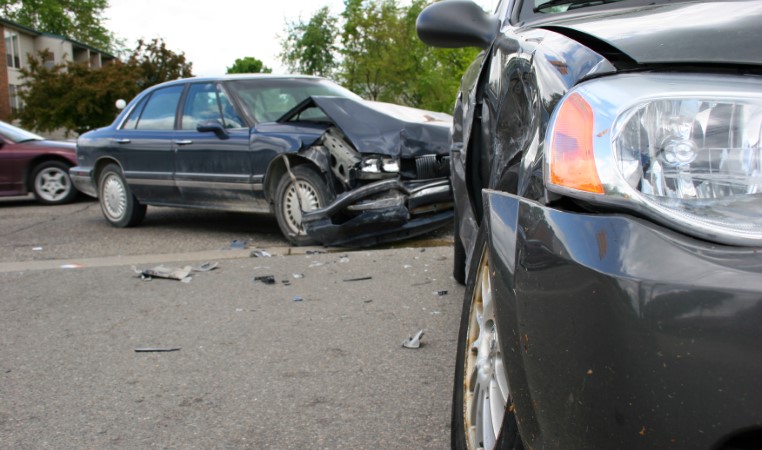What is The Difference Between Wrongful Death and Survival Action in South Carolina?
March 22, 2023 – Paul Hammack

Wrongful death and survival action are remarkably similar types of lawsuits that seek legal action against an at-fault party when a loved one dies in a preventable accident. While a wrongful death suit allows relatives or loved ones of the deceased to file a lawsuit over the financial and emotional losses they’ve suffered, a survival action suit must be filed on behalf of the deceased person’s estate. A survival action suit can only claim financial reimbursement for the damages the deceased incurred between the accident and their time of death.
So, what else do you need to know about the differences between survival action suits and wrongful death claims? And can both of these claims be filed simultaneously? Let’s go over both topics in a bit more depth.
Defining Wrongful Death Suits
By law, a wrongful death is considered to be any type of accident (such as a car accident, medical malpractice, nursing home negligence, a pedestrian accident, a slip and fall, etc.) that results in a person’s death due to another’s careless, reckless, negligent, or intentional behavior. When a person passes away due to a wrongful death, their family members and loved ones have the ability to file a suit.
While a suit cannot bring back a loved one or punish the person responsible for their loved one’s death, it can compensate the aggrieved parties for their financial and emotional losses. Such losses typically include:
- Medical bills
- Lost wages
- Loss of financial support
- Loss of benefits
- Funeral Costs
- Loss of emotional support
- Property damage
- Repairs
- Pain and suffering
- Punitive damages (extra monetary compensation for wanton or reckless conduct such as drunk driving)
While state laws may vary, in South Carolina, a surviving spouse and children of the deceased are eligible to file a wrongful death suit. If the deceased party has neither, their parents are the next qualified parties to file a claim. Likewise, if their parents are deceased, anyone listed as an heir can file a wrongful death suit on behalf of the victim.
What is a Survival Action?
Instead of providing financial compensation to a person or surviving family member in the event of a loved one’s demise, a survival action suit offers financial reimbursement to an estate. Although this means that such money could ultimately be dispersed amongst the deceased’s heirs through inheritance or will, the goal is to essentially recover any financial losses the deceased experienced between their accident and when they died.
This means that in many incidents where the deceased died instantly, there is little money to reclaim in a survival action suit. Ultimately, this suit is only fruitful if the deceased experienced expensive medical care between their incident and death or a prolonged period of medical care before their death.
Much like a wrongful death suit, many of the same damages can still be pursued for compensation, such as medical bills, pain and suffering, and funeral expenses. However, these damages are filed on behalf of the deceased, as opposed to the survivors (like wrongful death suits are).
Typically, the person responsible for filing a survival action is the executor of the deceased person’s estate. Should they win their claim, any earnings will be distributed amongst the heirs to the estate and the estate itself to pay off any outstanding debts.
Can a Survival Action and a Wrongful Death Suit Be Filed at the Same Time?
The short answer is yes, and in fact, many wrongful death suits are often filed at the same time as survival action suits to recover any damages the deceased lost between their accident and death. Filed jointly, both types of claims make recovering any lost finances much more accessible.
Conclusion
Wrongful death and survival action lawsuits are the last things anyone wants to have to consider dealing with after the unexpected loss of a loved one. But medical bills, lost income, funeral expenses, and other costs can quickly pile up, making it necessary to take legal action in order to recover your lost expenses.
While wrongful death suits are primarily filed by the deceased’s immediate family, survival action suits are filed by an estate on behalf of the deceased to recover damages sustained between their accident and the time of death. Though different, both types of suits may be confusing, so it’s crucial to consult a legal professional who can help you understand what kind of suit is in your case’s best interest.
Additionally, a lawyer will ensure your case receives the utmost care and priority, helping you seek the maximum compensation that you need for losing your loved one. The sooner you consult with one, the stronger case you can mount against those at fault.



